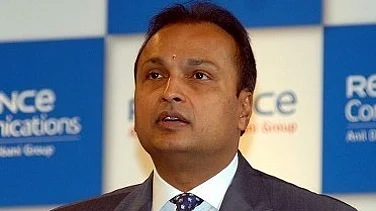Prime Minister Narendra Modi will release the 13th instalment of financial benefits worth Rs 16,800 crore to over eight crore eligible farmers under the flagship PM-KISAN scheme on Monday ahead of Holi and rabi harvesting. Under the Pradhan Mantri Kisan Samman Nidhi (PM-KISAN), eligible farmers are provided with a financial benefit of Rs 6,000 per year in three equal instalments of Rs 2,000 each every four months. The fund is directly transferred to the bank accounts of the beneficiaries.
The scheme was launched in February 2019 but is being implemented with effect from December 2018. The Prime Minister will release the 13th instalment at an event to be held at Belagavi, Karnataka, an official statement said on Sunday. More than one lakh attendees, comprising PM-KISAN and Jal Jeevan Mission beneficiaries are expected to take part in the event. The Union Agriculture Minister Narendra Singh Tomar and Agriculture Secretary Manoj Ahuja will also be present.
The 11th and 12th instalments under the PM-KISAN scheme were released in May and October 2022. The PM-KISAN scheme has already provided significant benefits to farmers across the country, and this latest instalment will further boost their incomes and contribute to the growth of the agriculture sector, the statement said.
Till now, over Rs 2.25 lakh crore of funds have been disbursed under the scheme to more than 11 crore farmer families, primarily small and marginal farmers. Notably, during the Covid-19 lockdown, Rs 1.75 lakh crore were distributed in multiple instalments to support these needy farmers. The Scheme has also benefited over three crore women beneficiaries who have collectively received over Rs 53,600 crores in funds.
This initiative has spurred rural economic growth, eased credit constraints for farmers and boosted agricultural investments. It has also increased farmers' risk-taking capacity, leading to more productive investments. According to the International Food Research Institute (IFRI), the PM-KISAN funds are helping recipients meet their agricultural needs and other expenses like education, medical care and marriage.


























.jpg?w=200&auto=format%2Ccompress&fit=max)




